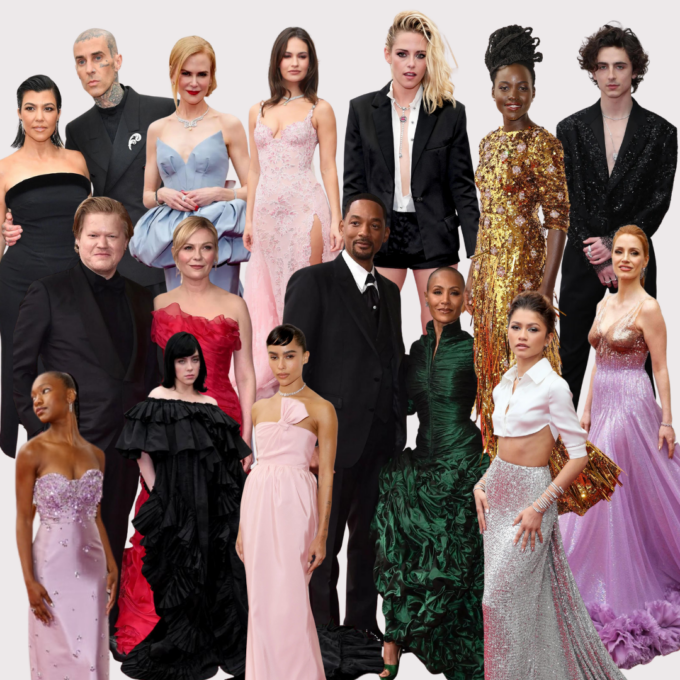Celebrities vs. Influencers

-
categoryInfluencer Marketing
-
authorJanelle Marpa
-
dateMarch 28th, 2022
At first glance, the attention that social media influencers and celebrities carry look surprisingly similar. For years, brands shelled out enormous amounts of money in lucrative celebrity endorsement deals just to attach their name to big-name actors, athletes and musicians. The brand-celebrity relationship was nearly impossible to measure until recently and brands have responded by drastically changing the way to approach talent partnerships as a whole.
Free access to the world wide web has made the level of influence once reserved for celebrities accessible to the average person at the touch of a button. With appealing and entertaining content coupled with carefully crafted captions, influencers can attract a massive global following eager to know their thoughts on everyday products and services they use in real life. As a result, brands have pivoted away from solely aligning with celebrities with a massive following and moved towards mega, micro and nano influencers that have garnered significant power over the last few years.
It can be quite difficult for brands to choose who to work with, as influencer marketing campaigns have become one of the most preferred and favourable marketing strategies. Influencers also usually carry out the entire process of the campaigns they collaborate with, taking part in both the strategic and creative planning of the launch. Even better for brands, influencers, especially on macro and micro levels, are usually experts in their fields and are excellent at effectively building a niche-specialized community in a brand’s niche area.
Followers trust their recommendations as influencers engage with their community on a deeper, more personal level. Working with influencers may not reach the same numbers as celebrities, but numbers don’t equal engagement, conversation or an increase in sales. The audience exposure with influencers is smaller and much more targeted and dependent on the campaign, far more meaningful than mass reach.
On the other hand, celebrities can be very useful for creating awareness about the brand on a larger scale, since they reach a mass market of consumers. Celebrities don’t have to be experts in the field to promote a product nor are they generally not involved in the planning process of the campaign, lowering the level of trust consumers have in the authenticity of the celebrity-brand partnership. Consumers are savvy and are asking themselves, “is this celebrity a genuine advocate of the product they are putting their name to?” which is why influencers work hard to build trust and loyalty with their audience in a way that celebrities have not had to in the past, making them seem less reputable in advocating for brands. That being said, the potential for huge ROI is always apparent when worldwide celebrities are selected for campaigns.
As brands look to leverage these third-party audiences, the massive impact of influencer marketing has forced them to learn how to navigate the new level of potential risks and benefits. Just as they were forced to do when it became clear that not all Millennials were the same, brands must also understand the complexity behind the statement “not all influencers are celebrities and not all celebrities are influencers.” When deciding between a celebrity endorsement or an influencer partnership for an upcoming campaign, brands should consider the following:
Influence Does Not Equal Credibility
To reiterate: numbers don’t equal engagement, conversation or an increase in sales! A shift in thinking needs to occur when it comes to using a well-known personality to bring a sense of believability to a brand. While there can be great upside in aligning with an influencer or celebrity, the risks are real and potentially devastating.
Influencer Research is Crucial (Objectives Determine Who To Use)
Is the goal to increase awareness, drive engagement or boost purchase? Finding the right influencer and/or celebrity depends on the objectives set for the campaign. Once objectives are clear, brands can then better understand how to extract the value of the partnership.
Lifestyle & Values
Influencers and celebrities don’t have the same restrictions on what brands they can and can’t partner with. Influencers typically promote products they are directly involved in and can personally vouch for because they have used them. Consider the influencer’s values and lifestyle- their taste in music, food, technology, sports are great touchpoints to examine when looking to find the right spokesperson to promote your product.
Looking to explore influencer marketing? Contact us to learn how we can help your vision come to life.